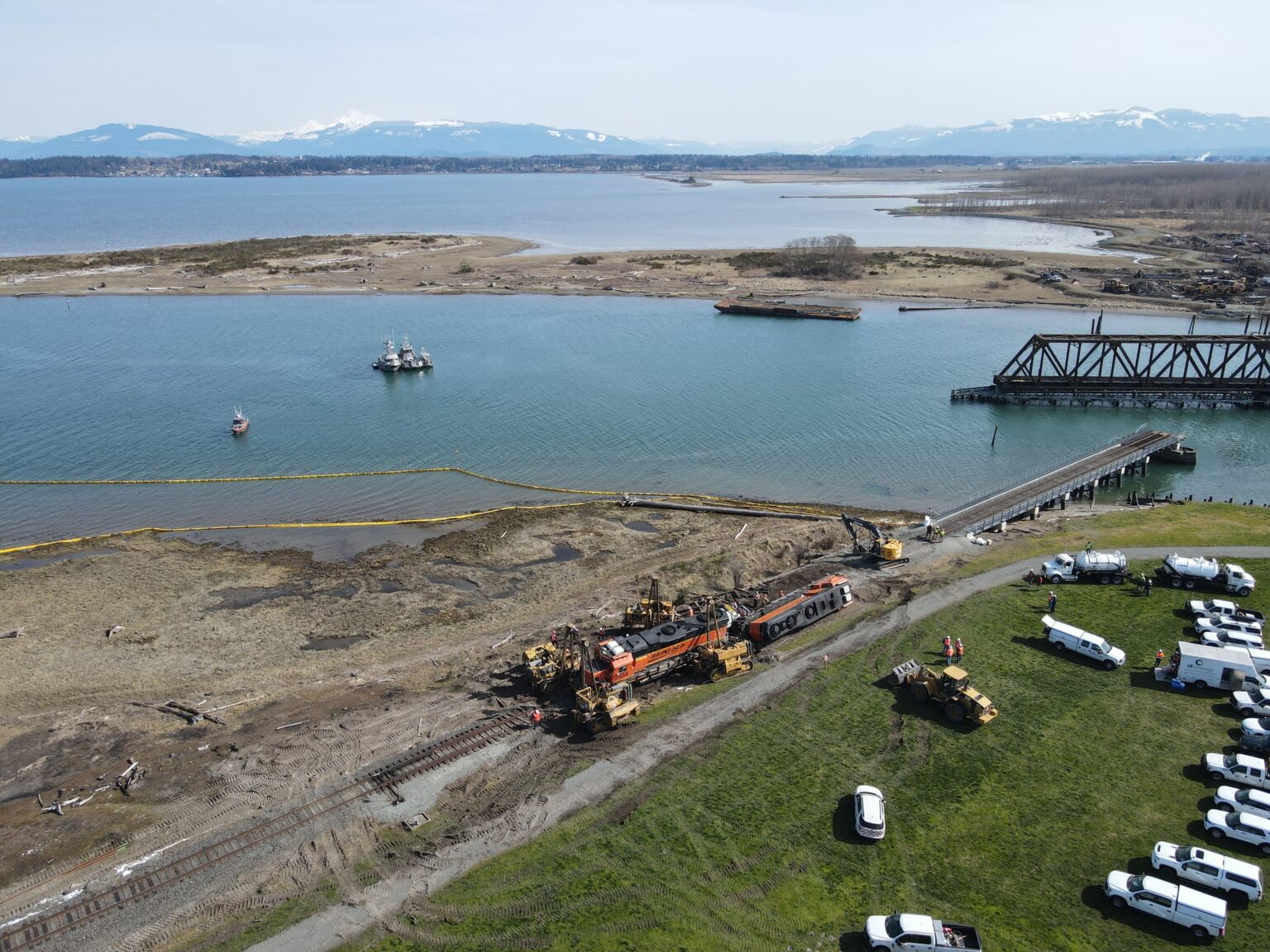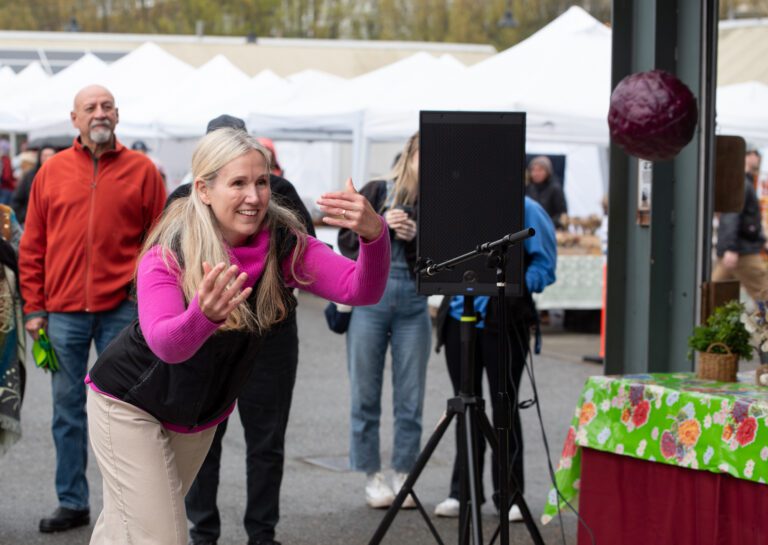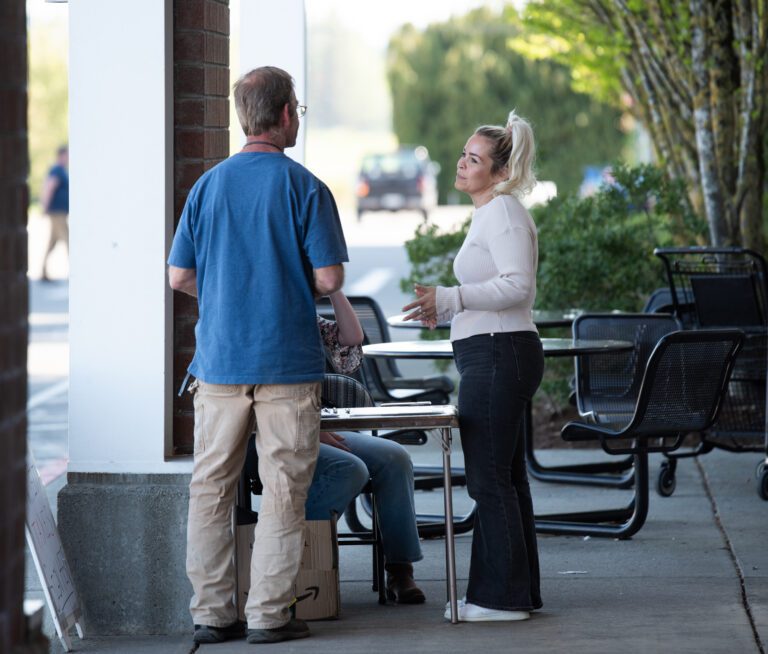A U.S. District Court judge ruled Monday that by increasing the number of trains traveling through the Swinomish Reservation without the tribe’s written approval, Burlington Northern Santa Fe knowingly violated an agreement between the two entities.
Judge Robert S. Lasnik handed down his decision on the lawsuit March 27 following the “liability phase” of trespass litigation filed by the tribe in 2015.
“The Tribe takes its agreements very seriously and it expects them to be honored,” Steve Edwards, the tribe’s chairman, said in a statement Tuesday. “We are thankful that BNSF is being held to the promises it made.”
The court ruled BNSF trespassed on the tribe’s lands, and is now liable for the damages caused. Damages will be decided in another hearing later this year.
“We look forward to proceeding with the compensation phase of this case and finally concluding this dispute with BNSF,” Edwards said.
The tribe has sued BNSF many times for violating a 1991 Easement Agreement that allows one eastern-bound train and one western-bound train of 25 cars or less to pass through the reservation per day, and requires BNSF to update the tribe on what cargo rail cars are carrying. The agreement allows for some leniency, stating “the Tribe agrees to not arbitrarily withhold permission to increase the number of trains or cars when necessary to meet shipper needs.”
Lesnik’s ruling assigned blame to the railroad.
“In the absence of the Tribe’s written approval, BNSF’s decision to breach the terms of the Easement Agreement and unilaterally increase rail traffic over the Reservation in September 2012 was conscious, willful, and knowing,” Lasnik wrote.
The tribe filed the lawsuit in 2015, nearly three years after BNSF began shipping 100-car unit trains of Bakken crude oil over the Reservation. In 2012, the tribe expressed dismay that BNSF had increased rail traffic without approval, and BNSF claimed limitations were “subject to increase to meet shippers’ needs” after an expansion to Tesoro’s facilities and discussions with Shell Puget Sound Refinery about bringing Bakken crude oil into Shell’s Anacortes refinery.
“While BNSF felt the weight of its common carrier duty to serve Tesoro’s and Shell’s shipping needs during this period of time, it recognized that it was not free to simply ignore the limitations imposed by the Easement Agreement, and, instead, needed to address that issue through negotiations with the Tribe,” Lasnik wrote in his decision.
BNSF continued the increased traffic while it was in meetings and negotiations with the tribe, and at no point did the tribe approve the rail company’s decision to transport the unit trains, Lasnik wrote. In March 2015, the tribe requested that BNSF immediately abide by the agreement, to which BNSF responded it had to continue running the trains to “fulfill common carrier obligation under federal law.”
The tribal senate passed a resolution to file the lawsuit against BNSF in April 2015.
Monday’s decision comes on the heels of a BNSF train derailment on Swinomish land earlier this month, when a seven-car freight train was forced off the tracks by a derailer device near Anacortes shortly after midnight Thursday, March 16. More than 3,000 gallons of diesel spilled onto the ground.




